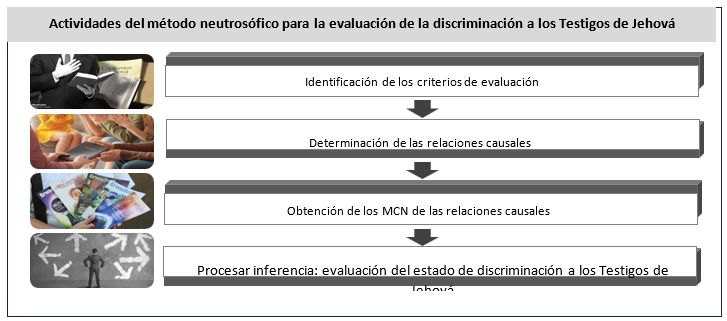Status of discrimination against Jehovah's Witnesses: a neutrosophic assessment based on customs, challenges, and resistance
Main Article Content
Abstract
This project aims to implement a Neutrosophic Method to assess the state of discrimination against Jehovah's Witnesses, focusing on their customs, challenges, and resilience. It analyzes how the traditions and norms that govern their existence influence their relationship with society, especially with regard to the discriminatory experiences they face. Jehovah's Witnesses are known for their strict adherence to biblical rules and precepts, which includes renouncing certain holidays and activities, as well as refusing to receive blood transfusions. These practices, which reflect their freedom of belief, can lead to violations of their right to religious freedom, both at the personal and collective levels. Throughout the study, various ways in which these traditions can generate situations of discrimination in different international contexts have been identified. Preliminary results of the Neutrosophic Method suggest that, although the group's customs are an expression of its identity and convictions, they also pose challenges that affect both its members and society's perception in general. This analysis not only seeks to highlight the forms of discrimination resulting from these practices, but also to promote a debate on the need to create spaces of respect and recognition for religious diversity, emphasizing the importance of implementing strategies that mitigate discrimination and foster coexistence in an inclusive and diverse society.
Downloads
Article Details

This work is licensed under a Creative Commons Attribution 4.0 International License.

